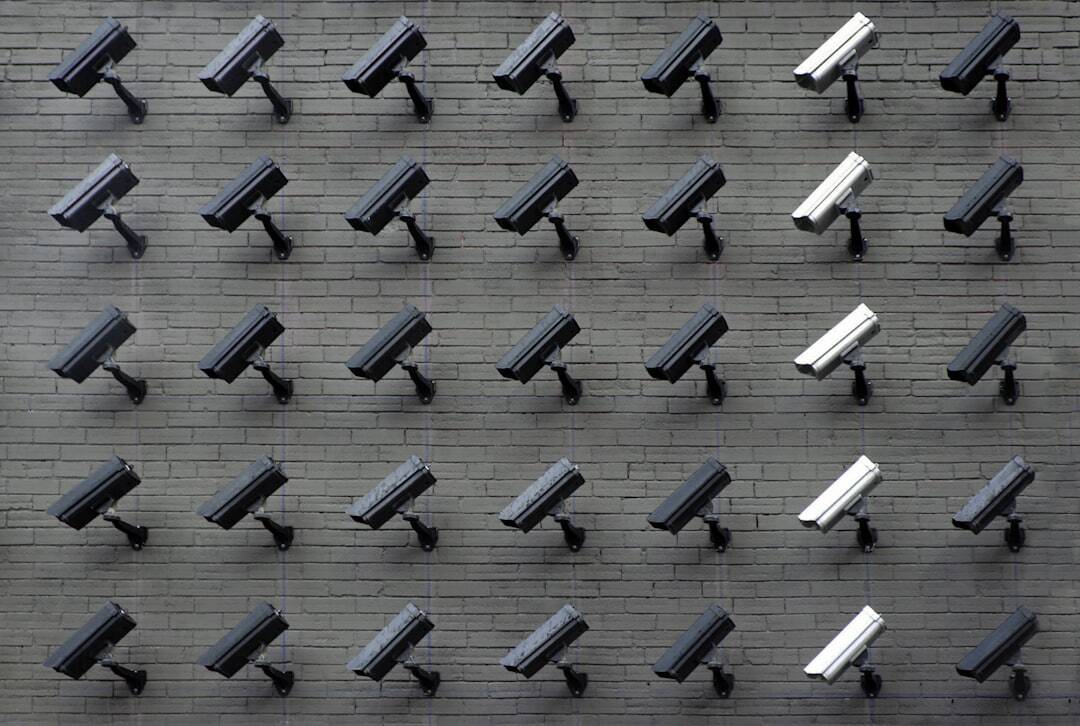Imagine sending a message to your best friend, maybe just a funny meme or a personal thought. Now imagine someone scanning that message before it gets to your friend. Sounds strange, right? That’s what many people fear could happen with the EU’s new plan called Chat Control.
This proposal aims to tackle a serious problem—child abuse material being shared online. That’s something everyone wants to stop. But the way the law wants to do it has raised a lot of eyebrows. It could lead to scanning all private chats and emails. Even the ones that are encrypted.
What is Chat Control?
The European Union is working on a law to stop the spread of illegal content online. This includes pictures, videos, and messages that involve the abuse of children. To do this, they want to require tech companies to scan users’ messages before they’re sent.
This means that tools like WhatsApp, iMessage, and Signal might have to scan your private conversations—even if they are encrypted from end to end.

What is encryption, anyway?
Encryption is like a secret code. When you send a message using an encrypted app, it gets scrambled into nonsense. Only the person you’re sending it to can unscramble it and read what you said.
This is what protects your chats from hackers, nosy Wi-Fi lurkers, and even governments. It’s the same kind of protection used by banks and hospitals to keep information safe.
So, what’s the problem?
Here’s where it gets tricky. If companies are forced to scan messages before they’re sent, that breaks the whole idea of end-to-end encryption. Your message has to be unscrambled—but not just by your friend. It gets looked at by a computer first.
This means someone—whether real or robotic—is peeking at your messages.
How could this affect me?
You might think, “I don’t send anything illegal, so why should I worry?” But the problem is bigger than that. This kind of scanning opens the door to other types of monitoring or errors that could target innocent users.
Here are some possible risks:
- Privacy Loss: Your private life is no longer entirely private.
- False Positives: AI might misread a harmless message as something bad.
- Government Overreach: This kind of control could grow beyond child safety.
- Targeting Journalists or Activists: In less free countries, this power could silence opposition.
And guess what? Once the system is built, it can be hard to limit how it’s used.
Can’t encryption and child safety coexist?
That’s the big question. Many privacy experts say yes—they can. They argue for creating smart systems that don’t destroy privacy. Some ideas include:
- Improving moderation tools on public platforms
- Supporting law enforcement without breaking encryption
- Building tools that protect kids and respect everyone’s rights
Some EU member states like Germany and Austria have already raised concerns. Even companies like Apple, Signal, and WhatsApp are warning against Chat Control. In fact, Signal has threatened to leave the EU if the law goes through.

What does this mean for the future?
If this law passes, it could set a new global standard. Other countries may follow the EU’s example. That means less privacy for everyone, not just Europeans.
It could also discourage tech companies from offering encrypted services. Or, they may have to build different versions for different countries. That gets super complicated, fast.
So, should we be worried?
Yes and no. The goal of protecting children is extremely important. But how we get there matters. If we destroy encryption, we may end up creating more problems than we solve.
There are smarter, more targeted ways to fight abuse without watching everyone’s private chats. The internet should be safe—but it should also be private and secure.
What can you do?
If you live in the EU, speak up. Contact your local representative. Say that privacy and safety should go hand in hand.
Outside the EU? Keep an eye on what’s happening. Laws like this can spread globally.
In the end, we all want a safer world. We just don’t want to lose our privacy to get there.